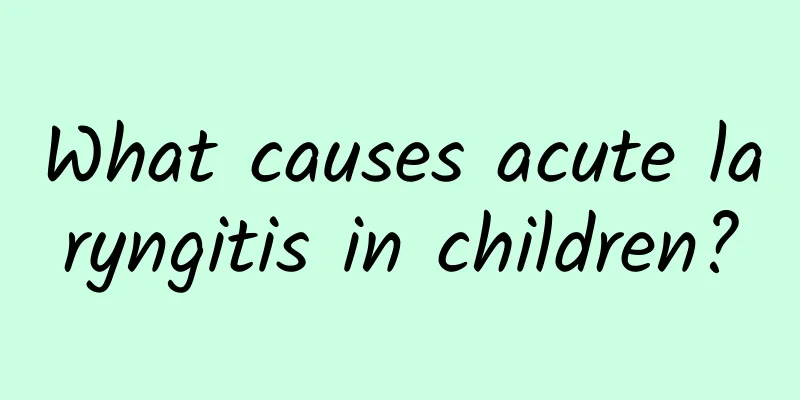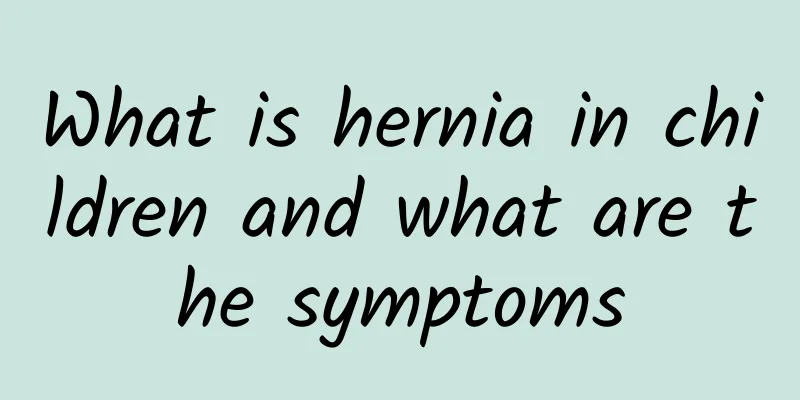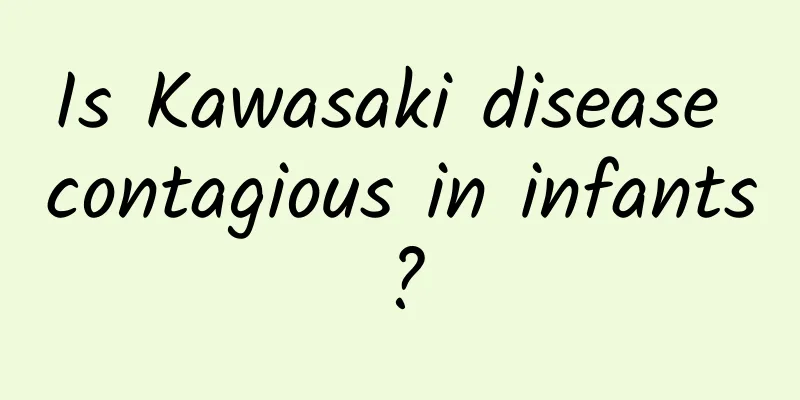How does jaundice affect your baby's health?

|
In most cases, jaundice is nothing to worry about. However, if your baby's bilirubin levels are too high (because no treatment is taken to control the jaundice and the bilirubin levels remain high), it can cause permanent damage to your baby's nervous system. Rarely, newborns with jaundice develop a condition called kernicterus (also called bilirubin encephalopathy), which can cause deafness, developmental delays, or a type of cerebral palsy. How to distinguish physiological jaundice from pathological jaundice in children 1. Jaundice appears at different times Physiological jaundice appears later. Generally, full-term infants will develop jaundice 2 to 3 days after birth, and the condition will peak at 4 to 5 days. Premature infants will develop jaundice 3 to 5 days after birth, and the condition will peak at 5 to 7 days. Pathological jaundice occurs relatively early, with obvious jaundice appearing when the baby is born or within 24 hours after birth. 2. The scope and severity of jaundice vary Physiological jaundice is mild and usually disappears gradually within 7 to 10 days after birth, usually not exceeding 2 weeks. Jaundice in premature infants usually disappears a little later, usually taking 3 to 4 weeks to disappear completely. In general, physiological jaundice is limited to the face, neck and trunk, or extends to the proximal limbs; the degree of yellowing of the skin is mild, and obvious jaundice rarely appears on the palms and soles. Pathological jaundice is more serious. In addition to the yellowing of the skin on the face, trunk, and limbs, the skin on the palms and soles of the feet will also turn yellow. Pathological jaundice progresses very quickly, and the skin may turn a lot yellower within a day. The yellowing of the skin lasts for a long time. It will last for more than 2 weeks or longer for full-term babies, and more than 3 to 4 weeks for premature babies. The yellowing of the skin of children with pathological jaundice will be alleviated and then worsened. It is not like physiological jaundice that gradually alleviates, but it may subside and then reappear. 3. Other accompanying symptoms are different Physiological jaundice, the urine is slightly yellow, but the diaper is not stained yellow, and the stool is not light in color. Generally, the baby is in good condition and has no obvious discomfort symptoms. Babies with pathological jaundice may also have obvious signs of poor spirits and appetite, such as unwillingness to feed, poor sucking, lack of energy, screaming, convulsions, vomiting, diarrhea, fever or low body temperature, white stools, enlarged liver and spleen, etc. |
<<: What are the symptoms of jaundice?
>>: How should mothers feed their babies if they develop breast milk jaundice?
Recommend
What is the difference between Procaterol and Itanjing? What are the effects of Procaterol and Itanjing?
The occurrence of cough is often accompanied by m...
How to treat kidney disease in children?
With the improvement of quality of life and livin...
What are the symptoms of malnutrition in a 1-year-old baby?
A 1-year-old baby with malnutrition usually has s...
Will patent ductus arteriosus be life-threatening if it becomes serious?
Will patent ductus arteriosus affect life if it b...
The main symptoms of hand, foot and mouth disease
Hand, foot and mouth disease is a common childhoo...
Best time to treat ADHD
The best time to treat ADHD is between the ages o...
Is taking Goffit really useful?
Is taking Gaofit really effective? This question ...
What are the dangers of pneumonia in children?
What are the dangers of pneumonia? Pneumonia is a...
What color is the urine of a newborn with jaundice?
What color is the urine of a newborn with jaundic...
What are the prevention methods of mumps? How can mumps be treated?
Mumps is a common childhood disease that is very ...
What should children eat for diarrhea and vomiting? Several dietary treatments to relieve diarrhea and vomiting in children
If a child has diarrhea and vomiting, you should ...
Routine examination for pneumonia in children
There are many diseases in life, so people need t...
What are the tests for mumps?
The incidence of mumps is increasing year by year...
What are the diagnostic indicators for jaundice?
Jaundice is also known as yellow bile, commonly k...
What causes neonatal jaundice?
Neonatal jaundice is mostly caused by the immatur...









